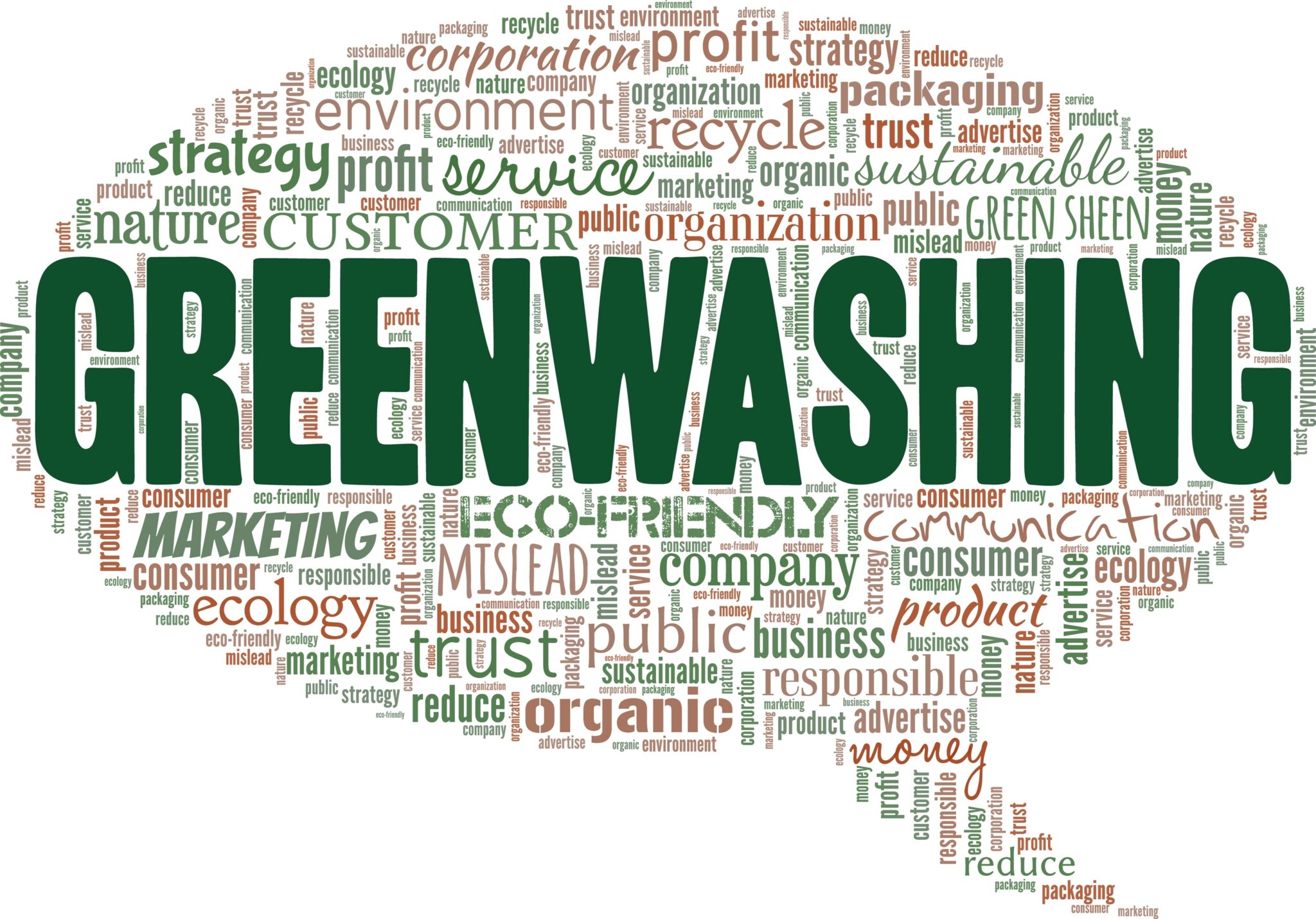State Representative Chris Rabb (D-200) will be introducing legislation to protect Pennsylvanians against greenwashing, a deceptive marketing technique that utilizes disinformation to instill confidence that a product is environmentally friendly when it actually isn’t.
“I was inspired to introduce this greenwashing bill because while consumer demand for environmentally sustainable products and practices intensifies, so too does corporate greed and trickery,” the Philadelphia County Democratic lawmaker said. “This bill is an innovative and powerful statutory approach to reining in deceptive ways corporations ensnare consumers at the expense of genuine sustainability and climate action.”
Greenwashing is an advertising strategy that is deliberate, and sometimes subliminal. Through buzzwords and repetition, it convinces consumers that a product is environmentally friendly or sustainable, even when it is not.
“For decades now, corporations have taken advantage of environmentally-conscious consumers by intentionally marketing their products in a manner that makes them appear better for the planet than they really are,” Rabb added.
Earth.Org believes greenwashing is a harmful and deceitful way of advertising and lists specific industries where it frequently occurs: car manufactures, fossil fuel companies, food and beverage corporations, furniture manufacturers, bottled water companies, financial institutions and the fashion industry.
READ: Pennsylvania Lawmakers Must Make Environmental Justice a Top Priority
Iyla Shornstein, political director at the Center for Climate Integrity, commented on Representative Rabb’s forthcoming legislation.
“This first-in-the-nation bill would help prevent corporate polluters from deceiving the public about harmful products and hold them accountable when they do,” said Shornstein.
In an effort to address global climate change, the United Nations has devoted an entire page on its website to educate readers about the impact of these deceptive sales tactics.
“Since the adoption of the Paris Agreement in 2015, an increasing number of companies have pledged to reduce their greenhouse gas emissions to net zero – a level where any remaining emissions would be absorbed by forests, the ocean or other “carbon sinks.” However, those claims are often based on questionable plans, including emissions offsetting and “insetting” – rather than actual emission cuts. As such, the transparency and integrity of such claims remain critically low and risk creating a failure to deliver urgent climate action,” the U.N. website reports.
To avoid products that have been greenwashed, the U.N. encourages consumers to think about their purchases, and a visit to their Actions for a Healthy Planet page provides tips to keep in mind.
“As we increasingly experience the drastic effects of our warming climate, such as more intense storms, floods, droughts and wildfires, the last thing Pennsylvania consumers need is to be lied to as they try to make informed purchasing decisions,” Rabb said.






